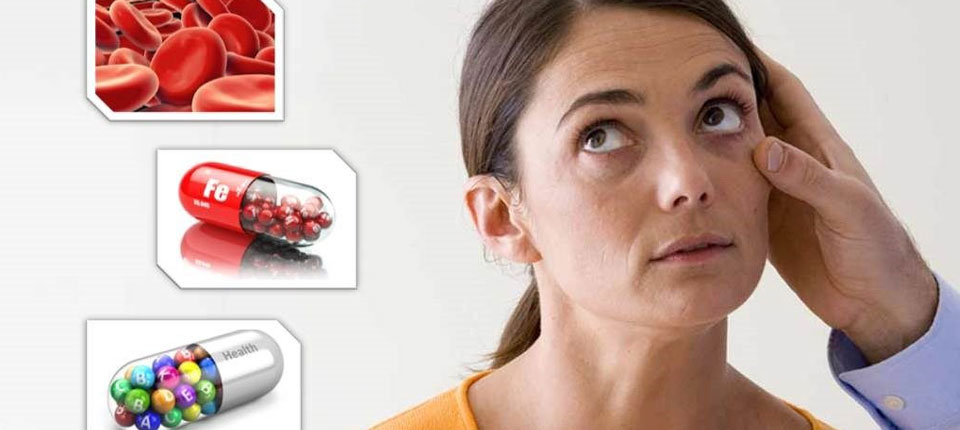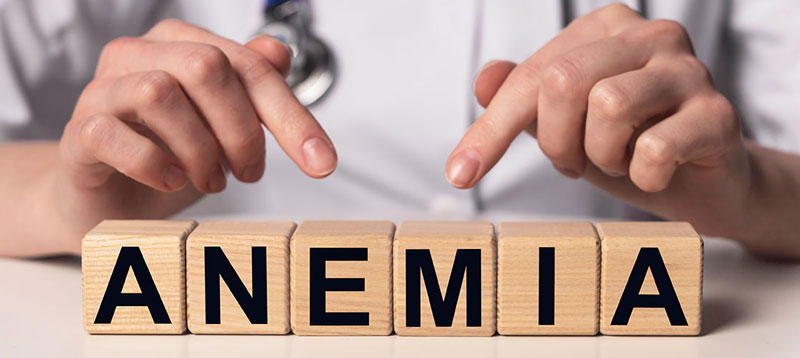
Exploring why anemia is still a significant health issue among women
Anemia is a significant health issue that affects millions of women worldwide. Despite advances in medical technology and awareness campaigns, anemia remains a persistent problem, particularly among women of reproductive age. Here are some reasons why anemia is still a significant health issue among women:
1. Iron deficiency: Iron deficiency is the most common cause of anemia, and it is more prevalent among women due to menstrual blood loss, pregnancy, and breastfeeding. Women who experience heavy menstrual periods or have a diet low in iron-rich foods are more likely to develop iron deficiency.
2. Nutritional deficiencies: Women's diets often lack essential nutrients, such as iron, folate, and vitamin B12, which are crucial for preventing anemia. This can be due to various factors, including cultural or socioeconomic limitations, limited access to nutritious food, and lack of knowledge about healthy eating.
3. Chronic diseases: Women with chronic diseases such as diabetes, kidney disease, or chronic obstructive pulmonary disease (COPD) are more likely to develop anemia. These conditions can increase the risk of anemia due to inflammation, impaired nutrient absorption, and decreased red blood cell production.
4. Pregnancy and childbirth: Anemia is a common complication during pregnancy, particularly in developing countries. Pregnant women with anemia are at increased risk of preterm labor, low birth weight, and maternal mortality.
5. Menstrual disorders: Women with menstrual disorders such as dysmenorrhea (severe menstrual cramps) or endometriosis may experience heavy bleeding and iron deficiency, increasing their risk of developing anemia.
6. Hormonal changes: Hormonal fluctuations during menstruation, pregnancy, and menopause can affect iron absorption and red blood cell production, leading to anemia.
7. Lack of awareness: Many women are not aware of the signs and symptoms of anemia or do not recognize its importance in maintaining overall health. This lack of awareness can delay diagnosis and treatment.
8. Socioeconomic factors: Anemia is often more prevalent in low-income communities where access to nutritious food, healthcare services, and healthcare providers may be limited.
9. Cultural factors: Cultural beliefs and practices may influence women's health-seeking behaviors, with some women delaying medical care or neglecting their health due to cultural or social norms.
10. Healthcare provider bias: Healthcare providers may perpetuate biases against women's health issues, leading to inadequate screening, diagnosis, and treatment of anemia.
11. Stigma and shame: Anemia can be associated with stigma and shame, particularly in societies where menstruation is viewed as taboo or embarrassing. This stigma can prevent women from seeking medical care or disclosing their symptoms.
12. Lack of screening: Anemia is often not screened for during routine check-ups or prenatal care, which can delay diagnosis and treatment.

To address these challenges, it is essential to:
1. Increase awareness about anemia among women and healthcare providers.
2. Implement screening programs for anemia in high-risk populations.
3. Promote nutrition education and counseling to improve dietary habits.
4. Provide access to affordable healthcare services and healthcare providers.
5. Develop culturally sensitive healthcare programs that address the unique needs of women.
6. Encourage open communication between healthcare providers and patients about anemia and other women's health issues.
By addressing these underlying factors, we can work towards reducing the prevalence of anemia among women and improving overall health outcomes.